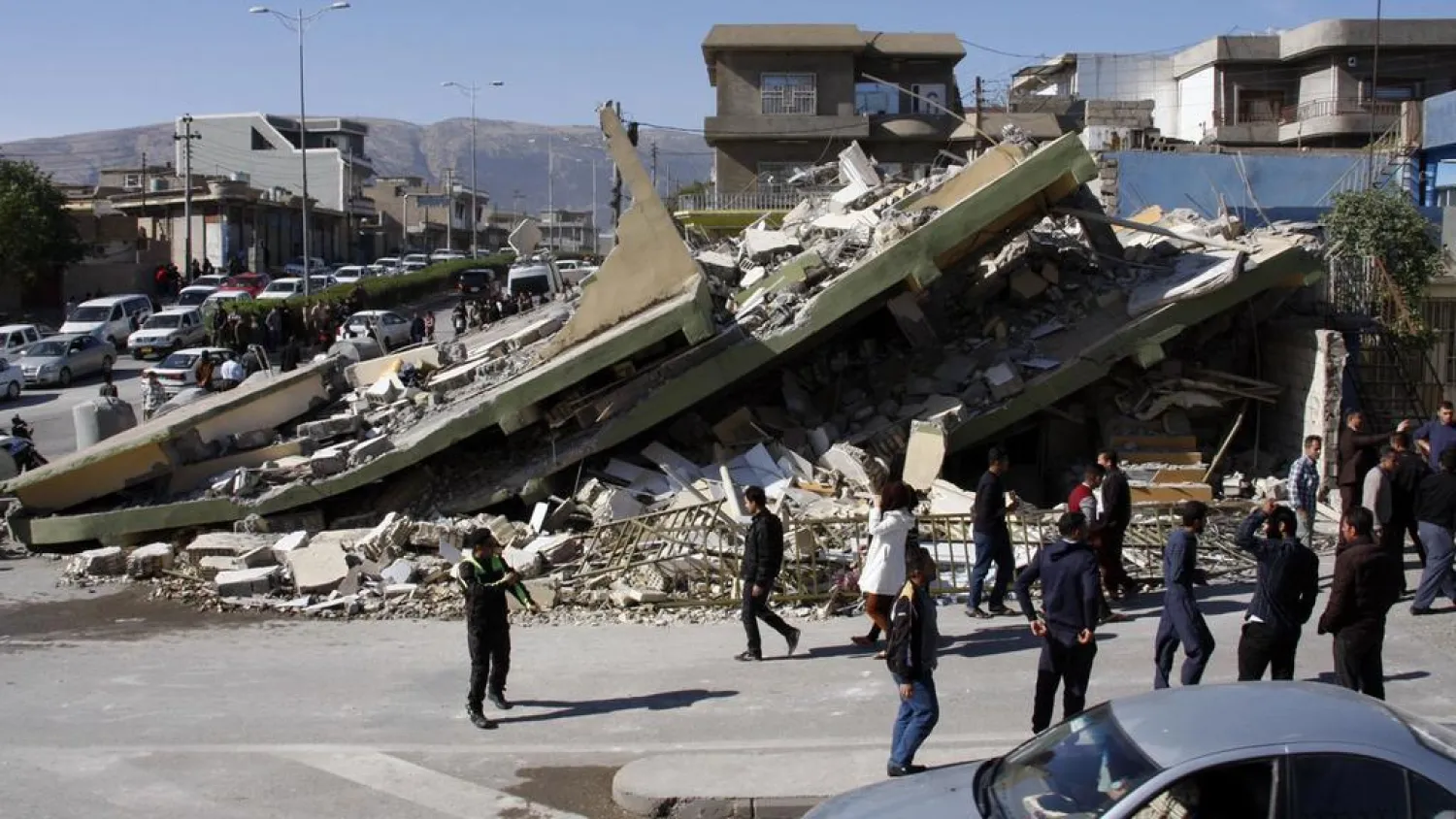A series of eight earthquakes with a magnitude of at least 5 hit along the Iran-Iraq border and rattled even Baghdad and parts of the Iraqi countryside on Thursday, striking in the same area that saw a deadly temblor in November.
The US Geological Survey said seven of the quakes struck near the Iraqi city of Mandali and an eighth struck near Mehran in western Iran. All struck within an hour of each other, beginning at 0659 GMT.
Seven had a preliminary magnitude of at least 5, while the eighth earthquake was a magnitude 4. Earthquakes of magnitude 5 and up to 5.9 are classified as moderate.
There were no immediate reports of injuries or damage. Iranian state television said people rushed into the streets as the temblors hit.
In Baghdad, people felt a quake shake the Iraqi capital, followed by what felt like aftershocks.
In November, a 7.2 magnitude earthquake struck the same region, killing over 530 people and injuring thousands in Iran alone. In Iraq, nine people were killed and 550 were injured, all in the country's northern Kurdish region, according to the United Nations.
Iran sits on major fault lines and is prone to near-daily earthquakes.









